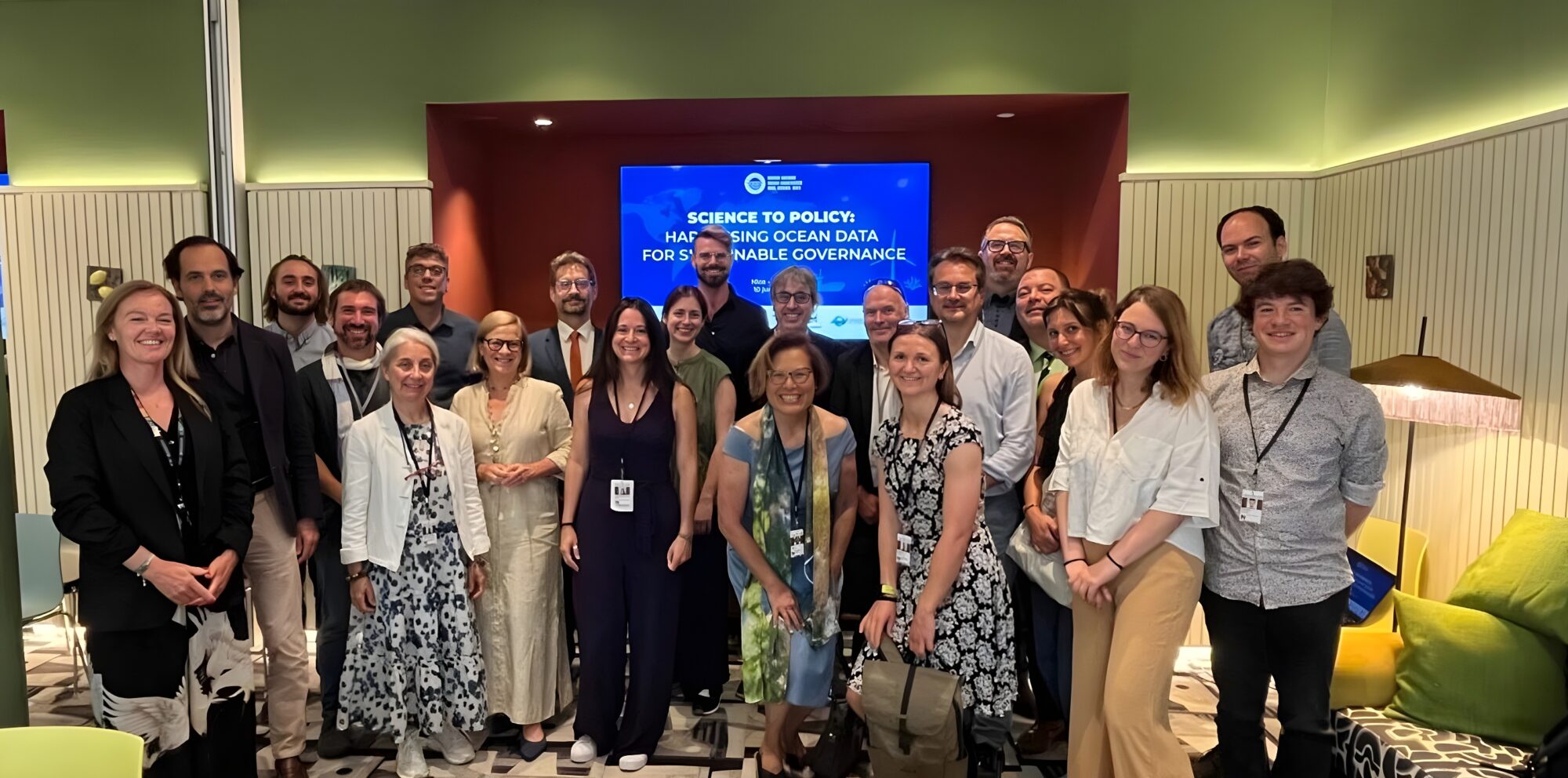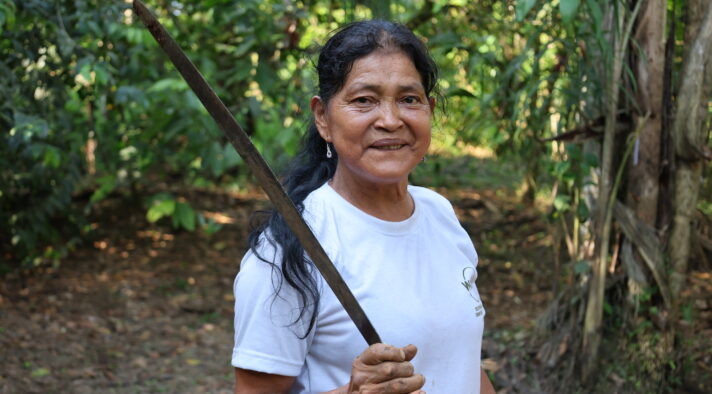By Ágatha Tommasi
Sustainable Development Goals Liaison Officer in Regions4
Environmental Engineer in the Secretariat for Environment and Sustainability of the State of Rio de Janeiro
The 2025 UN Ocean Conference (UNOC) was a key moment to bring together representatives and officials from major coastal regions, cities, and island States threatened by rising sea levels. The conference ended with strong calls to accelerate action and mobilize all actors to conserve and sustainably use the ocean. Regions4, together with its members and partners, where present to amplify local and regional leadership on the world stage. contribute, coordinate, and represent.
Throughout the week, Regions4 worked to increase regional voices through joint messaging, technical exchange, and strategic engagement. The network helped shape key conversations by connecting with partners to strengthen coalitions, capture and showcase members’ good practices, and elevate the role of subnational governments in coastal resilience and blue economy agendas. From climate adaptation strategies to innovative funding proposals, Regions4 members demonstrated how local action is essential to achieving global ocean goals.
Strategic Engagement and Regional Voices
Regions4 held eleven bilateral and strategic meetings throughout the week, connecting with member regions, potential partners, and donors to align priorities and explore synergies. These moments allowed for deeper collaboration and helped advance key proposals, including new financial mechanisms and joint advocacy efforts.
Eight member regions took the stage in various high-level panels and thematic sessions, sharing innovative public policies, community-driven solutions, and territorial approaches to ocean and climate resilience. From mangrove restoration to circular economy, their contributions highlighted the critical role of subnational leadership in the global blue agenda.
As part of Regions4’s contribution to the official program of the UN Ocean Conference and the Summit, the network co-led and supported a range of events. These included the “Science to Policy” breakfast organized by Catalonia, the “Coastal Catalysts” panel in partnership with C40 and the Government of Rio de Janeiro, and the UCLG-led session on localizing SDG 14, supported by Regions4, with active participation from members such as Manabí and Rio de Janeiro.
From Local Innovation to Global Narratives
Members brought compelling examples of innovation and impact: Rio de Janeiro showcased the Blue Metropolis strategy and its partnership with the OECD, advancing integrated coastal governance through the Digital Bay Platform. Saint-Louis presented its experience with mangrove restoration and climate resilience in West Africa. Québec shared its leadership in launching a subnational biodiversity fund with UNEP. Pernambuco presented its agroecological transition and inclusive waste management. Manabí emphasized the combination of local science and ancestral knowledge in coastal adaptation. Flanders shared advances in nature-based coastal infrastructure and youth education.
Some of these examples were captured and amplified through Regions4’s “Our Regions, Our Voice” campaign, reinforcing how subnational action is essential to ocean protection, climate adaptation, and sustainable development.
Members’ Roundtable: Building a Shared Vision
Convened by the Government of Scotland and chaired by the State of Rio de Janeiro, the Regions4 Members’ Roundtable provided space for high-level dialogue and convergence among regional leaders. The session highlighted common coastal risks and the importance of joint strategies for adaptation, restoration, and financing.
The exchange reinforced the role of Regions4 as a platform for collective positioning, with members aligning around proposals to scale subnational solutions, mobilize resources, and influence upcoming global processes such as COP30.
Looking ahead
This was a week of real engagement — grounded in strategy, strengthened by partnership. It was a moment to position the network, reinforce trust among members, and articulate clear proposals. It also demonstrated that when regional governments are included, they contribute not only with implementation but also with policy design and political alignment.
We leave Nice with a stronger foundation for future collaboration, shared priorities, and next steps already in motion.
From the coastline up, we move forward.
🌐More information on Regions4 engagement at UNOC 2025 here



